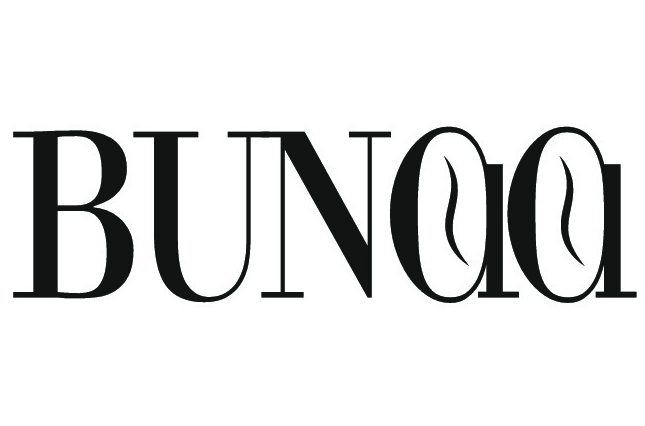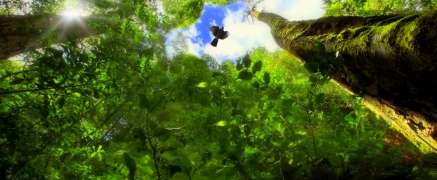The remaining 8 % represent sustainable coffee cultivation.
For better production and environmental conditions, 18.4 % of the coffee drinkers are pleading. This article is for you! Here is an overview of the organization, but also simple tips for you:
Coffee from certified cultivation
- Labels to identify sustainable coffee cultivation are e.g. Fairtrade, Rainforest Alliance and UTZ CERTIFIED.
- Labels show that the coffee comes from certified farms where the compliance with certain social, environmental and economic standards has been verified.
- But it is not always possible to recognize coffee from sustainable cultivation by its labels.
- Coffeeroaster of the Third Wave movement have direct contact with the coffee farmers and can also guarantee organic cultivation without a label and even trade the coffee directly.
Shipping
- Do you have to order online, or do you have a roaster before your doorstep? Here is a German map of Quijote coffee providing most.
- If you order coffee online, make sure that the packages from Germany are shipped with DHL GoGreen, because then CO² compensation is paid for each package.
- DPD was the first transport company to introduce CO²-neutral shipping as a standard.
Packaging
- Ask your roaster of trust whether to print flyers, brochures and postcards on certified recycled paper with biodegradable inks.
- If it has to be a coffee-to-go, then please with your own mug or
- mugs and bags made of materials such as bamboo fibers, corn starch, wood fibers, sugar cane, palm leaves or bioplastics such as PLA or CPLA.
- No plasticizer or petroleum should be present.
- Straws are also made of stainless steel, straw, bioplastics or paper.
CO2 footprint
- Organically grown coffee (BIO) has a better carbon footprint as it does not require the use of fertilizers, weed and pest exterminating agents.
- Drink coffee also at home.
- Anyone who takes a medium-sized latte macchiato at the next Starbucks places more than twice as much points on his personal CO2 account.
- The preparation with the fully automatic machine consumes more energy than a hand filter.
- Buy milk better from the regional organic farmer – it tastes better and saves transportation.
- Fingers away from capsules and pads.
Water Footprint
- It needs 132 l of water for 1 cup of coffee!
- Prefer Arabica, instead of Robusta coffee.
- The dry processing of the coffee naturally requires less water than the wet ones. On speciality coffee this is on the pack.
- Organic coffee and “shade-grown” – not from industrially cultivated plantations with a central watering system, like on big plantations in Brazil.
Energy
- Here you can find eco-electricity provider in an overview. The organic gas supplier comparison is available here.
Zero Waster
- Is it the Tetra-Pak milk, or do you have a farmer or a packing-free-supermarket near your place, where you can tap the milk into your glass bottles?
- Further tips are available on e.g. Wasteland Rebel and Zero Waste Lifestyle.
Coffee-Startups
Coffee Circle offers speciality coffee in their online shop. Coffee Circle supports development projects on the spot for every kilogram of coffee beans sold. What is special is that the customer can decide which project to support when purchasing the coffee. The company publishes the annual donation contributions via its own association (Circle e.V.) – this documentizes which donations end up in which project.
Green Cup Coffee offers fair-trade Arabica coffees from the world’s finest fincas, which are selected year after year. The focus is not only on the taste quality of the coffee beans, but also on the cultivation and processing methods as well as the social structures of the farm. A resource-saving approach to nature, an adequate infrastructure for the employees and harvest aid as well as the focus on quality management on the ground are of biggest importance to the company.
Samocca offers in their Onlineshop different coffees, which are produced fair and high-quality. Only beans from precisely defined cultivation areas are used, which are processed in a workshop workgroup for the support of handicapped people. The traditional methods of the old coffee manufactures are used. Whoever purchases products with the Arabic bean grown on the SAKE COFFEE PLANTATION in Rwanda supports projects on the ground and the people in Rwanda.
SAMOCCA is a project of the Samariterstift Neresheim, a facility for over 600 elderly, disabled and mentally ill people in Neresheim, Bopfingen and Aalen. The Samariterstift Neresheim is the Samariterstiftung, an church foundation under civil law. With more than 30 facilities and more than 100 years of history, it is one of the largest providers of social services in Württemberg.
Moema sets new standards in fairness and lives the Direct Fair Trade model. In addition to the minimum standards prescribed by the conventional labels, Direct Fair Trade provides that the entire value added resulting from the production process remains in the cultivation area. Moema is the first and only coffee supplier in Europe to consistently implement this new standard of fair trade and ensure truly fair conditions for producers.
Nowadays this practice is favored by many coffee roasters. Just ask them.


